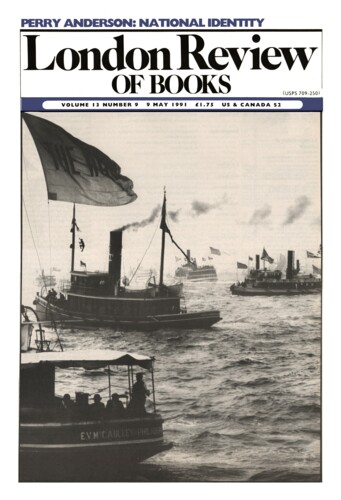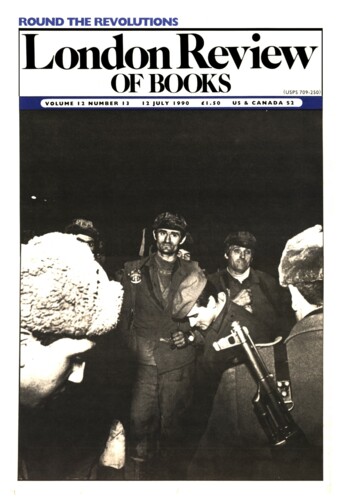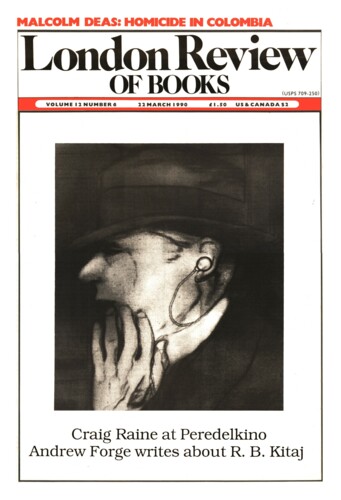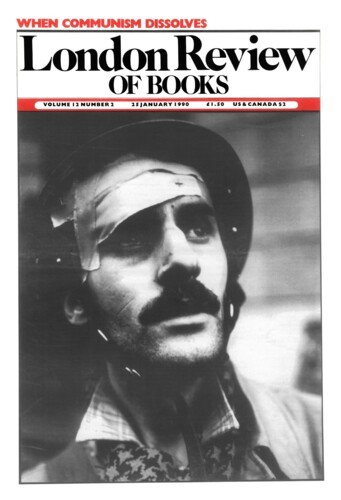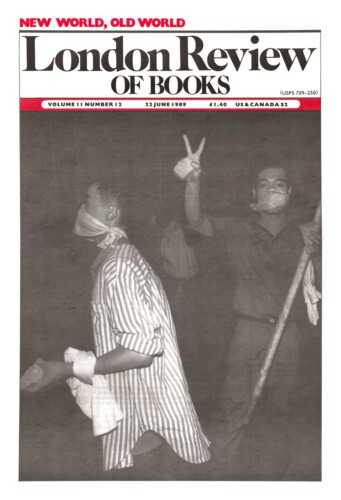Poem: ‘Muse’
Craig Raine, 9 May 1991
Luck To have lived at the level of floorboards and not to give a toss
about Antaeus or any of that
Only the pleasing precision of solid dirt inlaying the planks
like a long leather bootlace
or finding the perfect fit of thumb to the palate
Carefully torn wallpaper sufficient unto...
